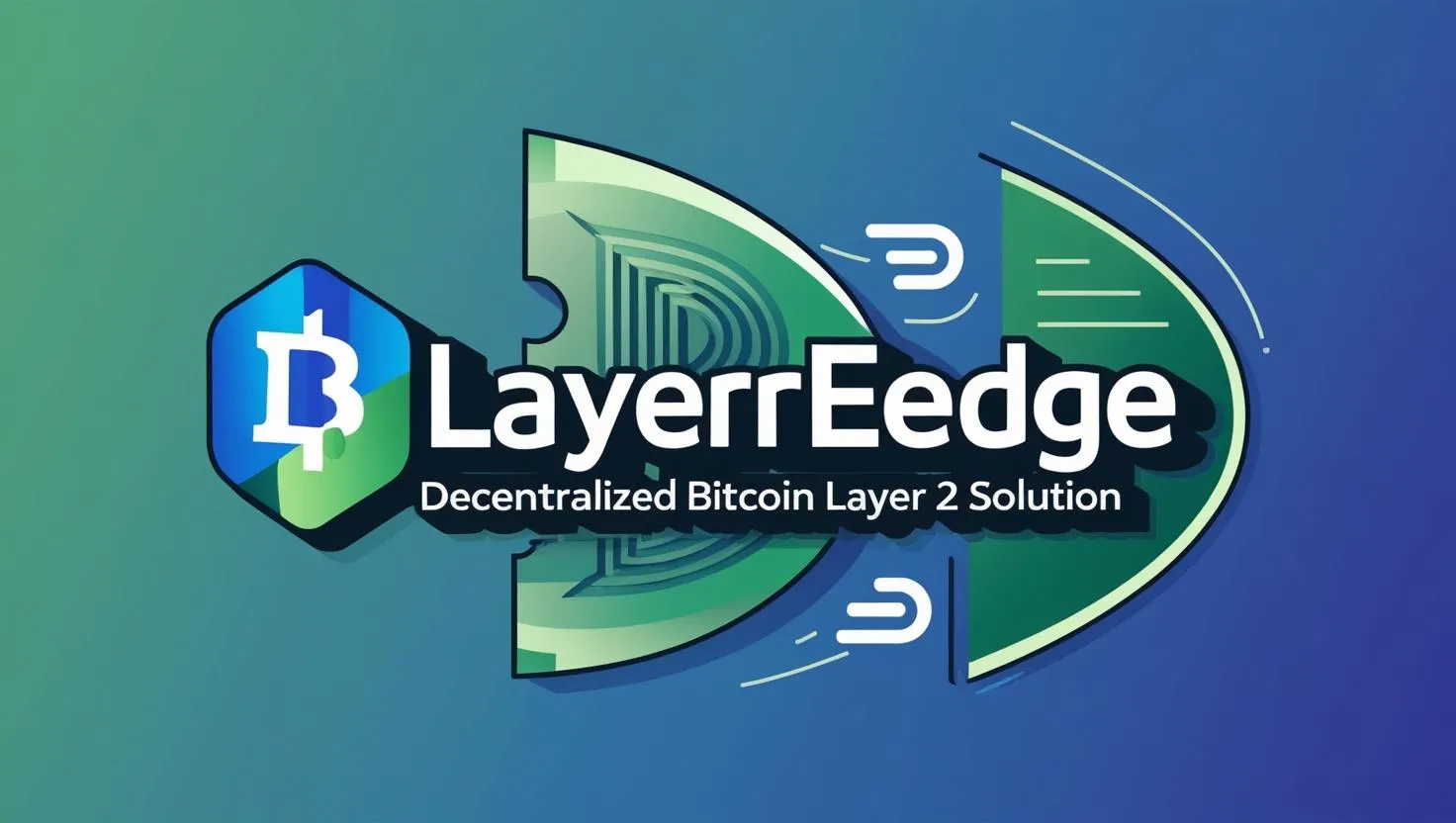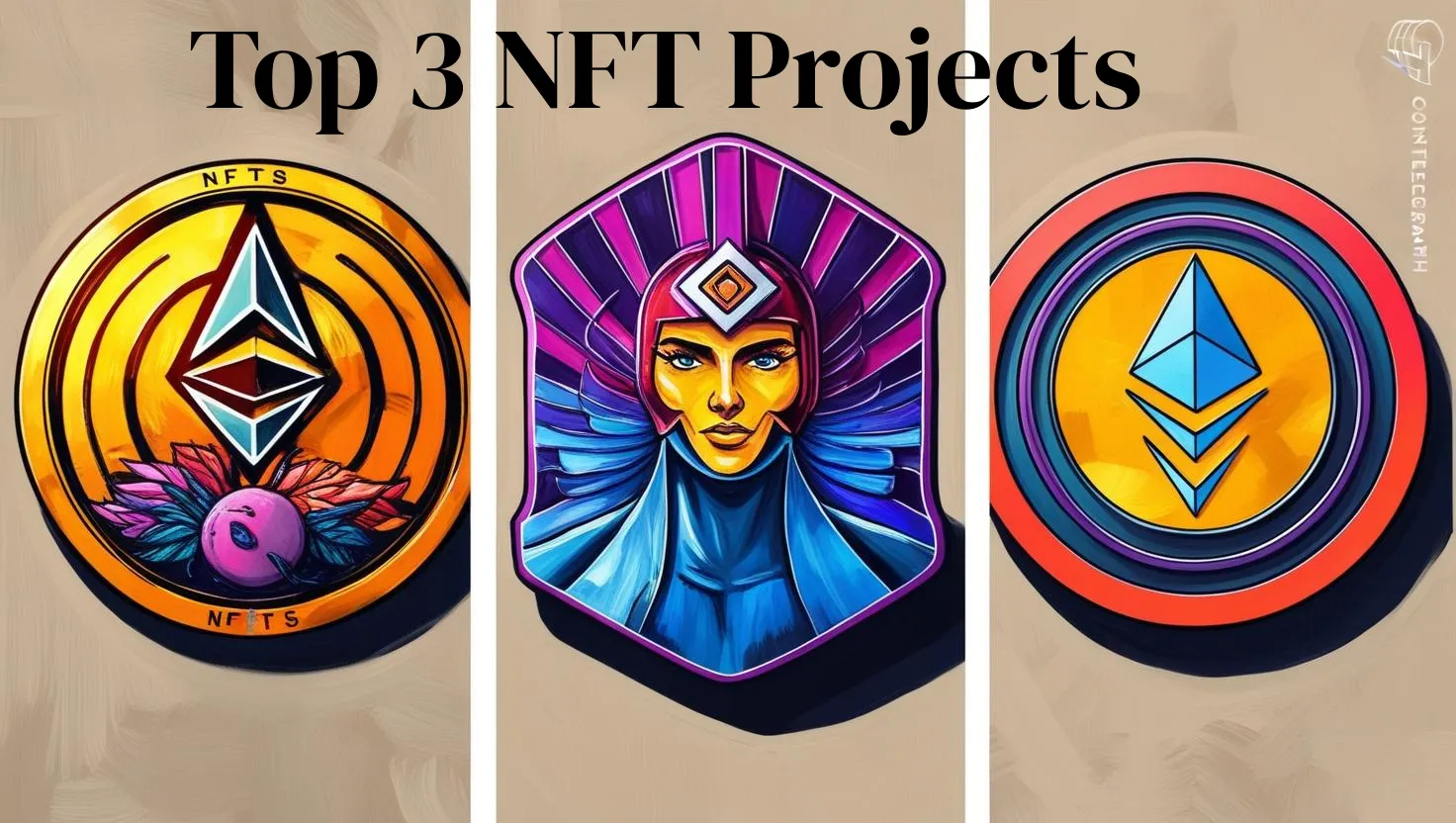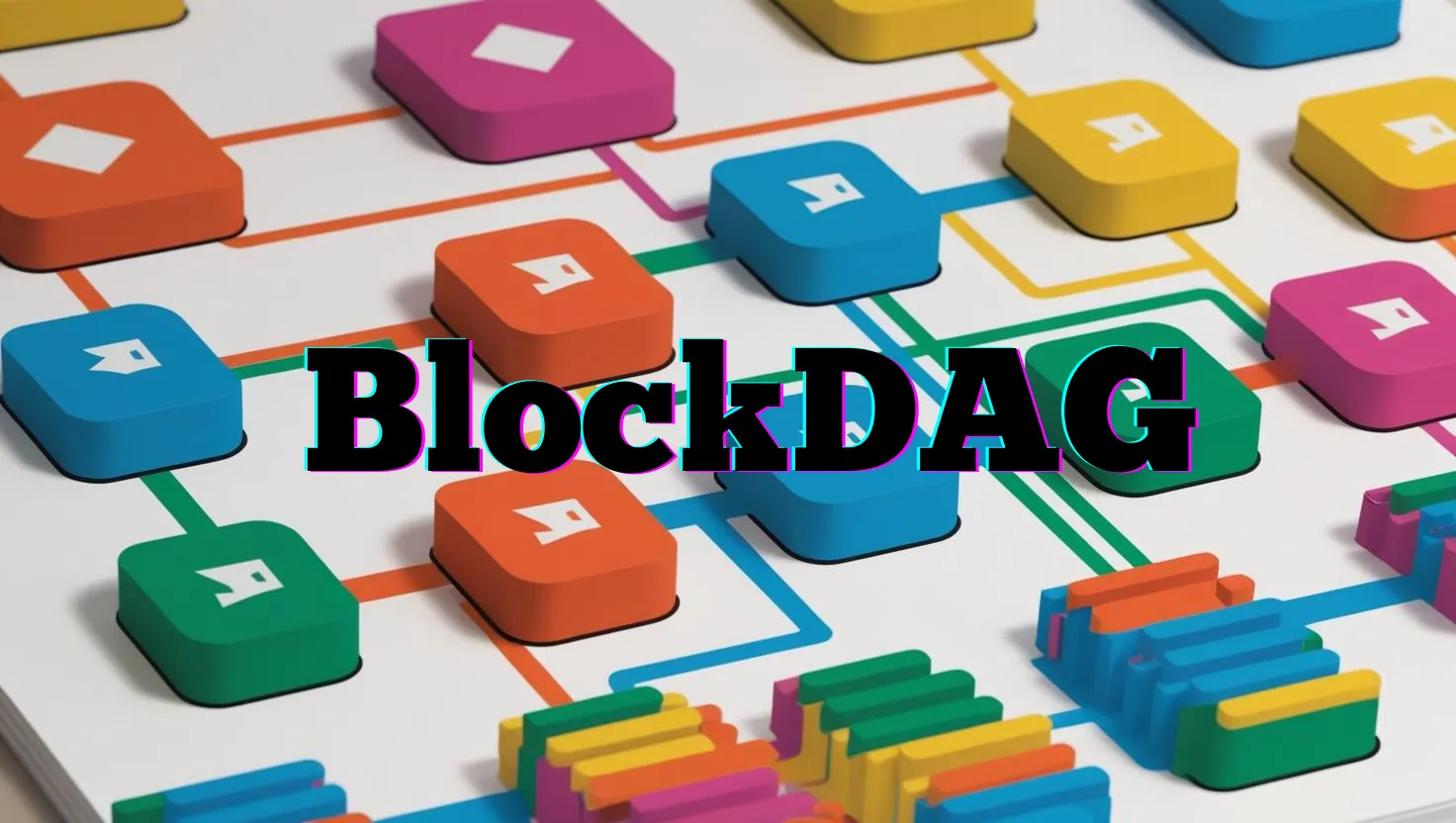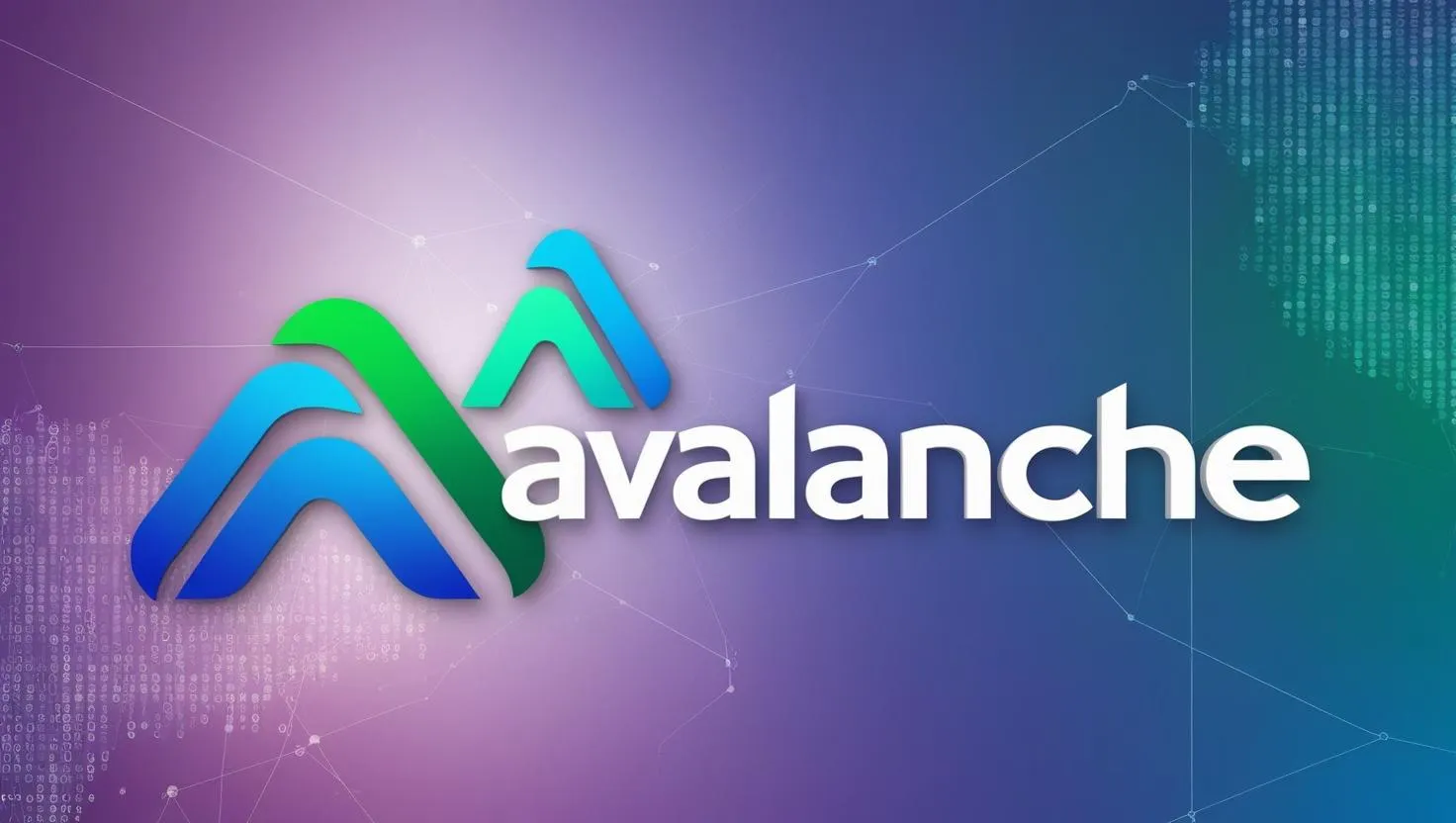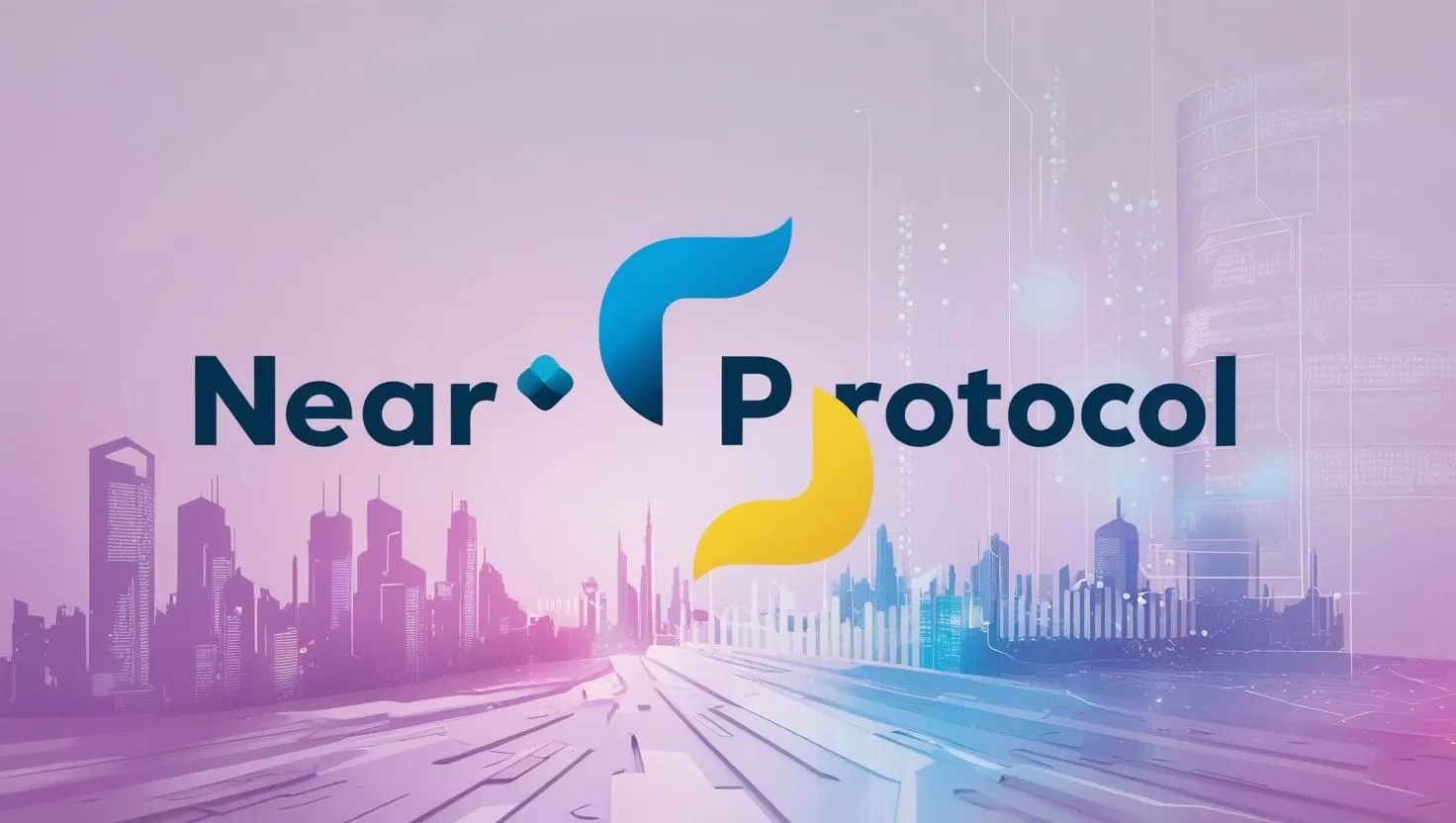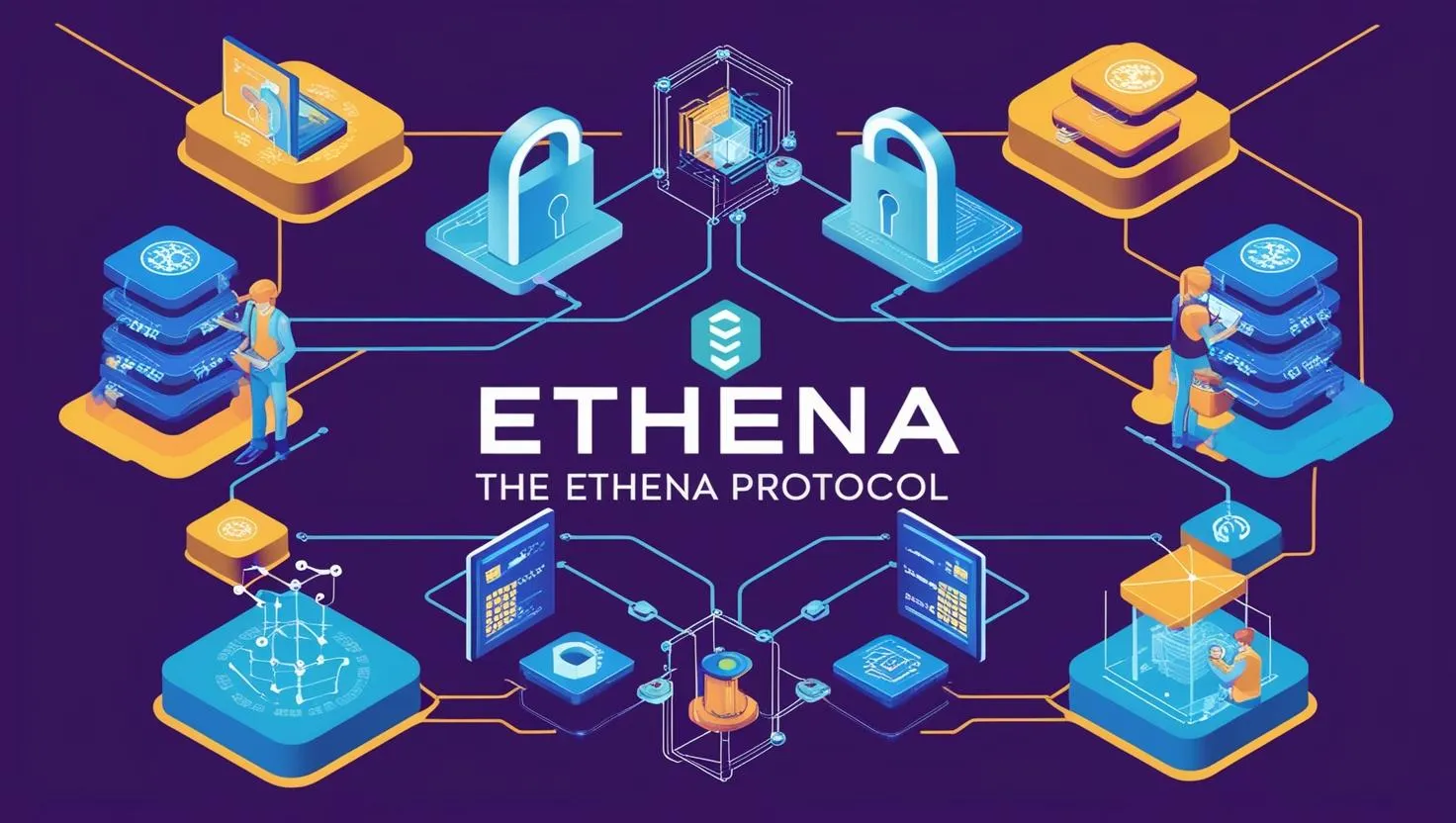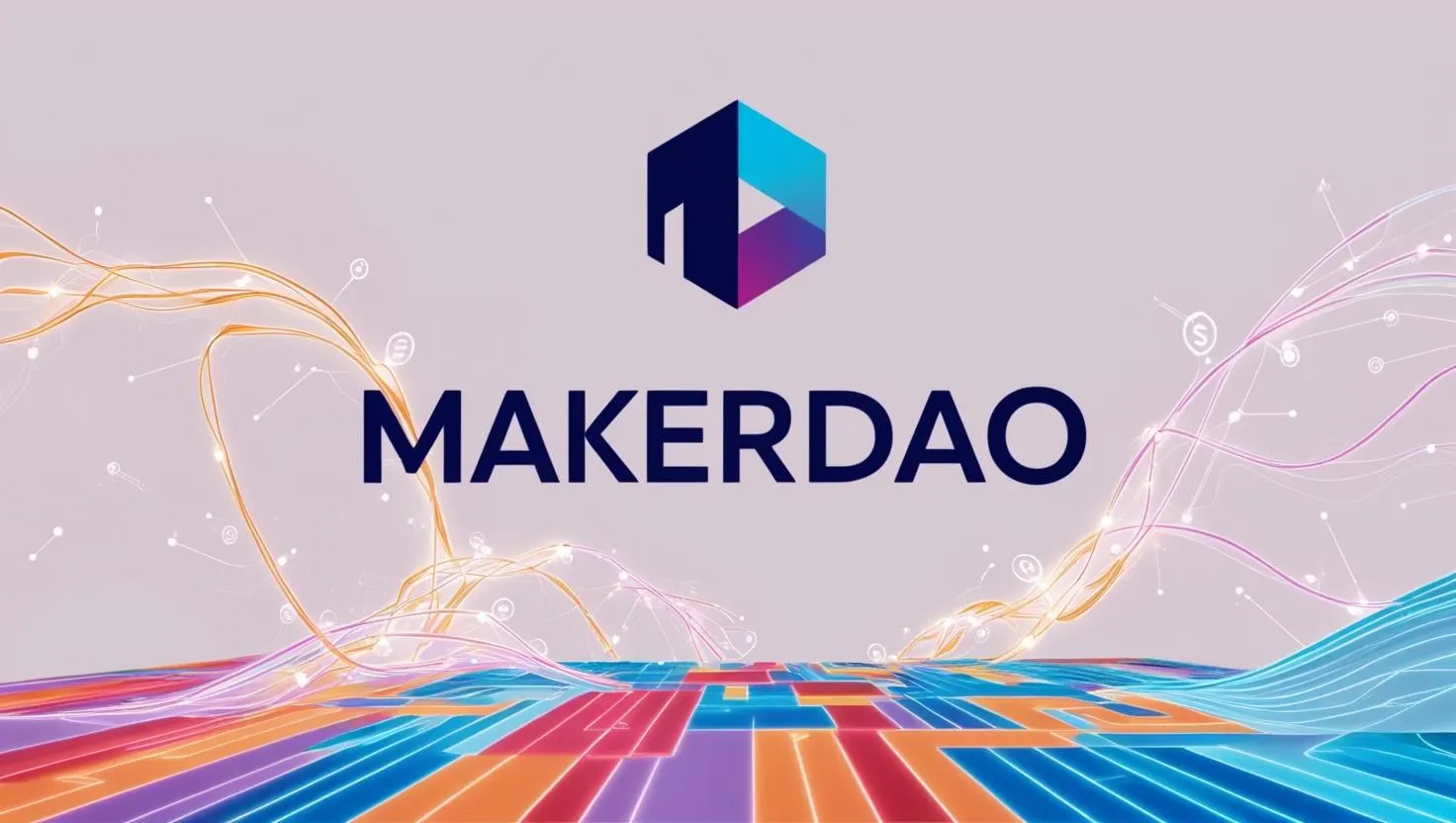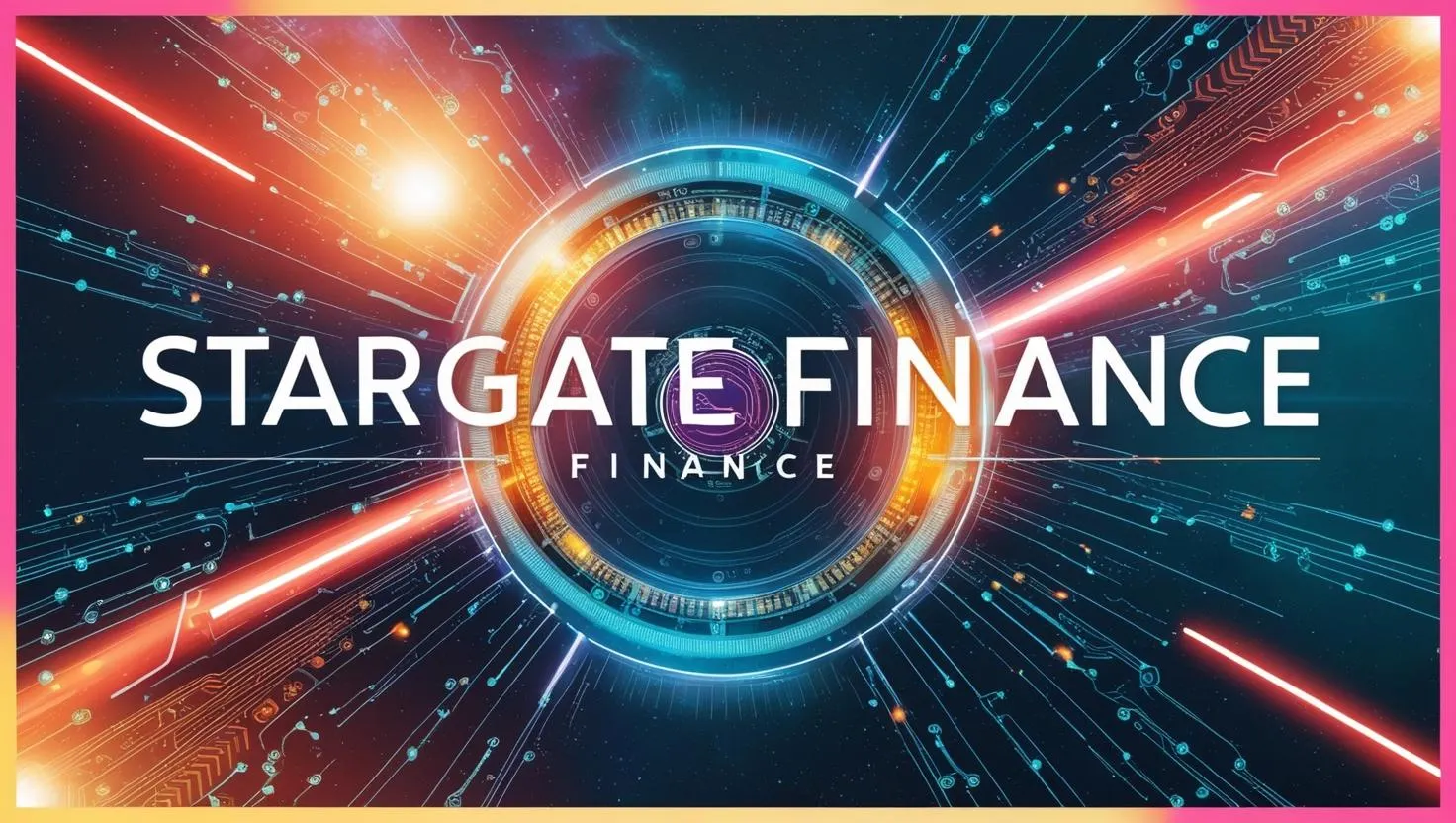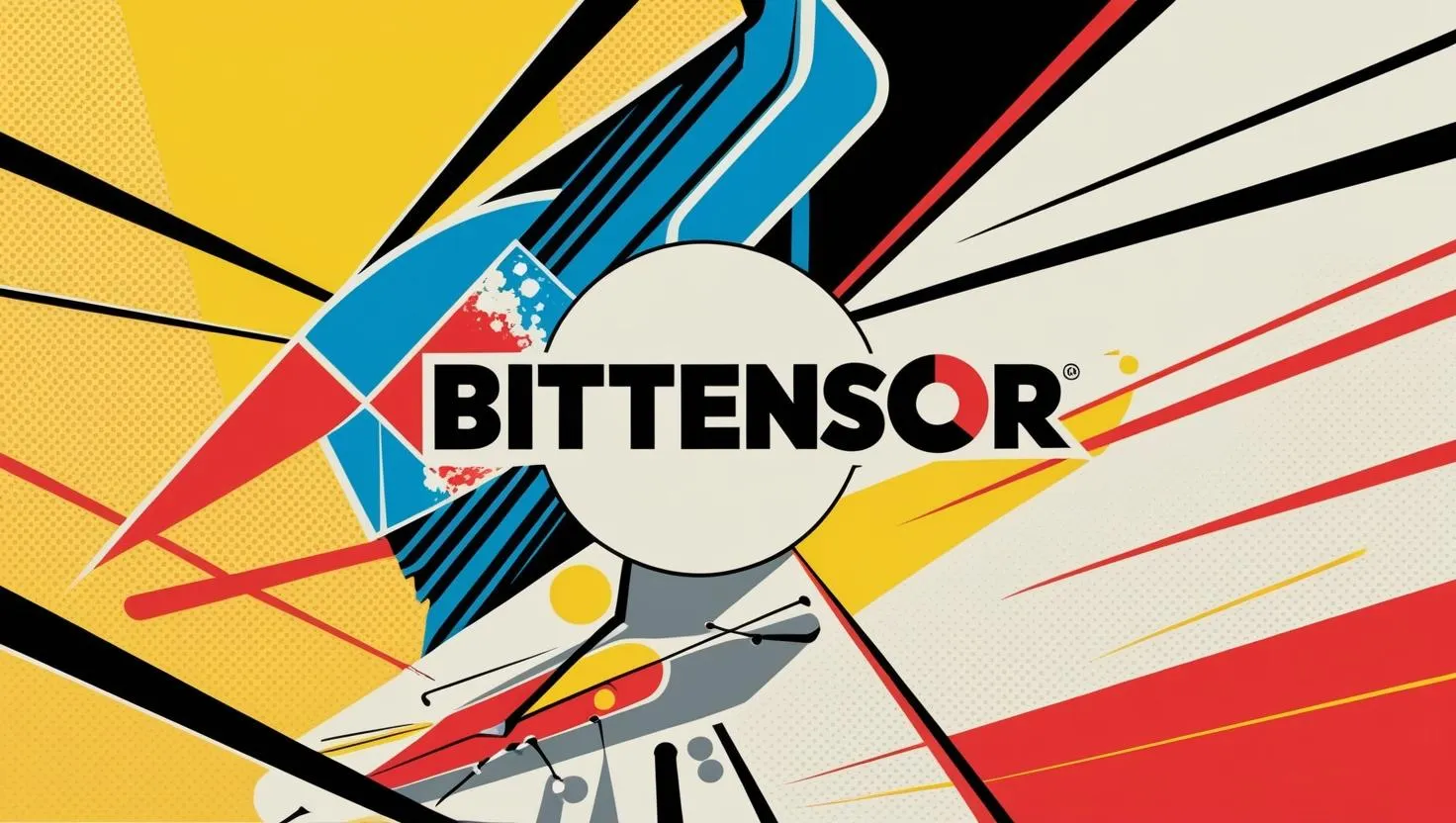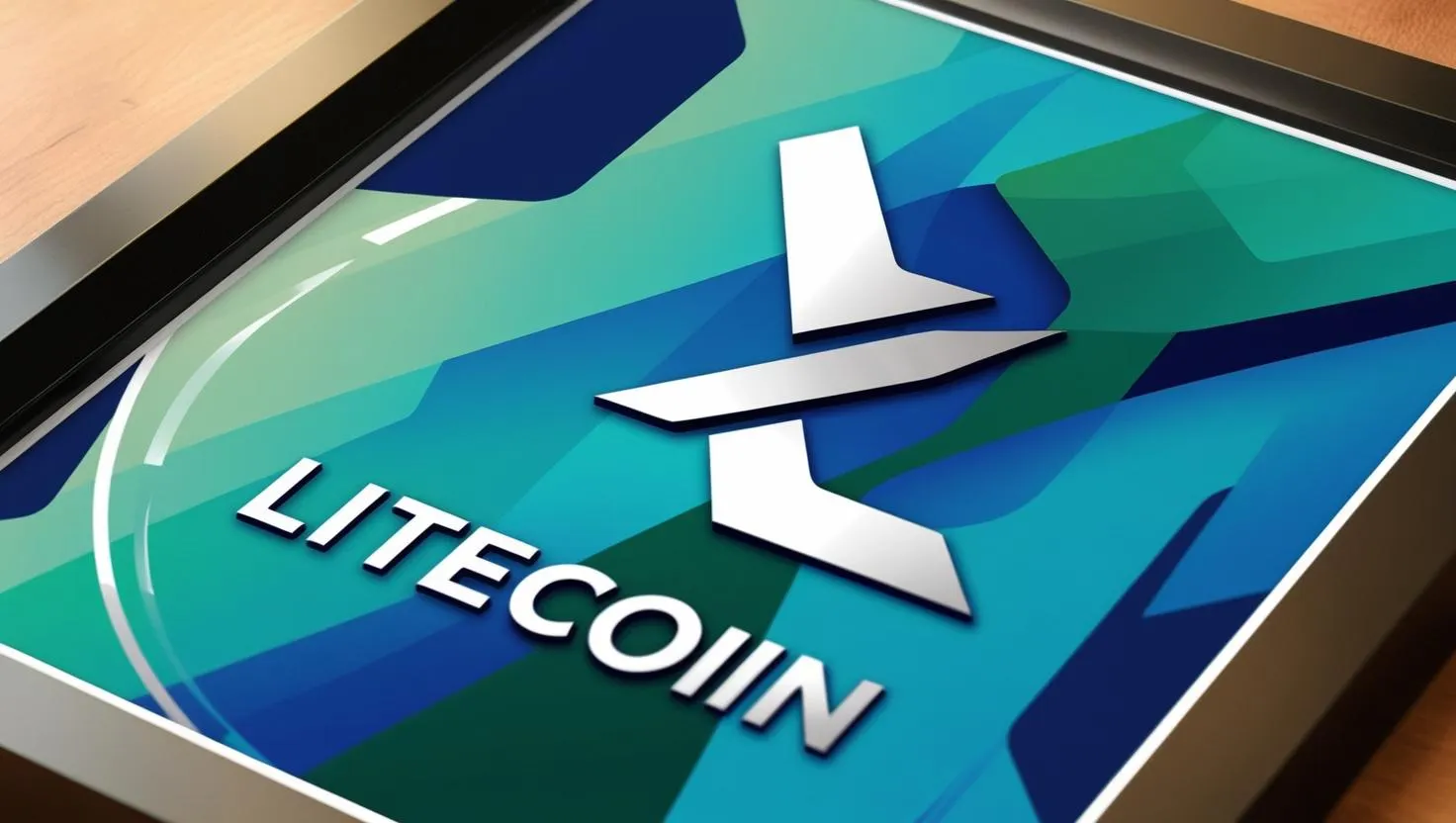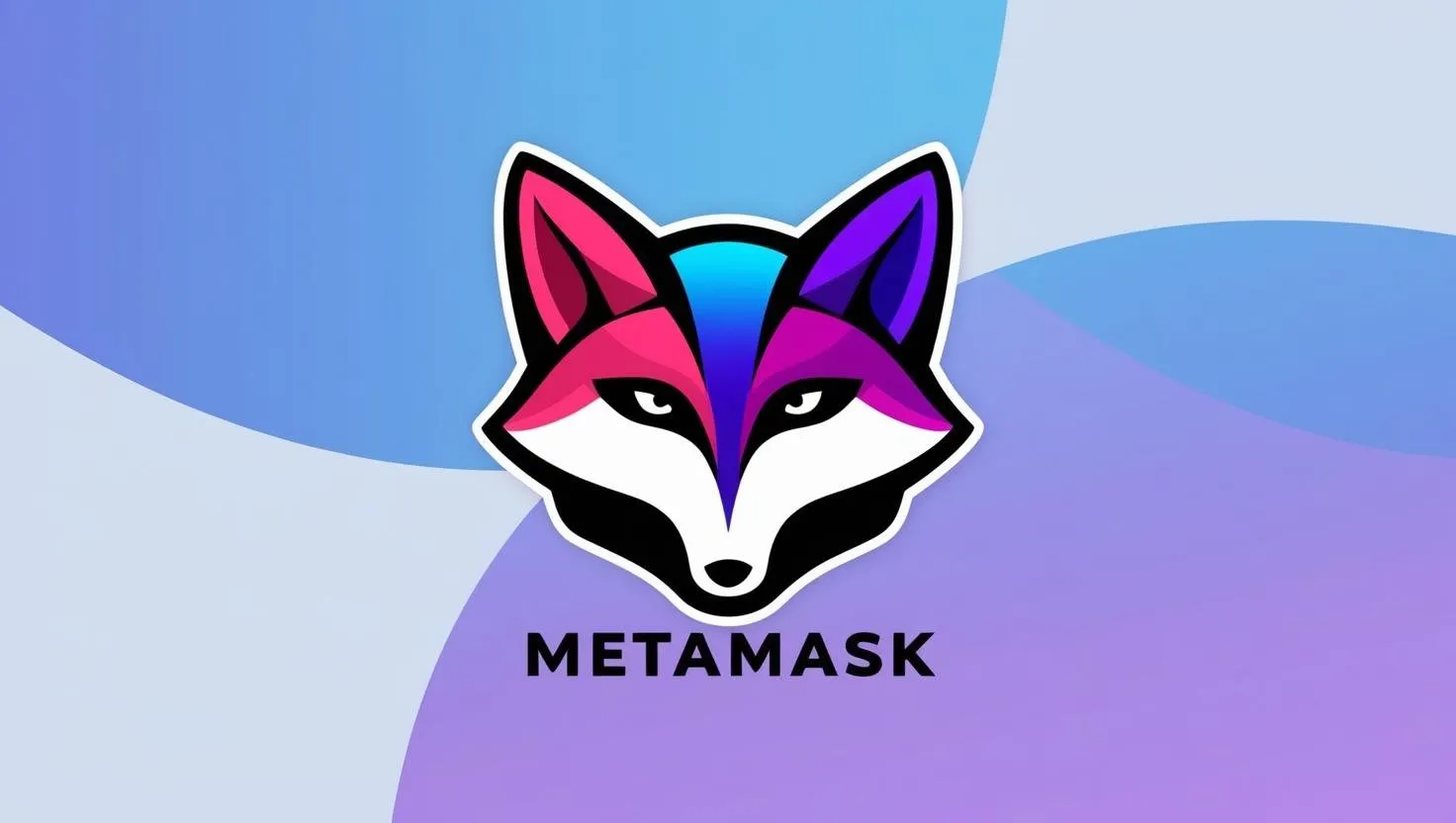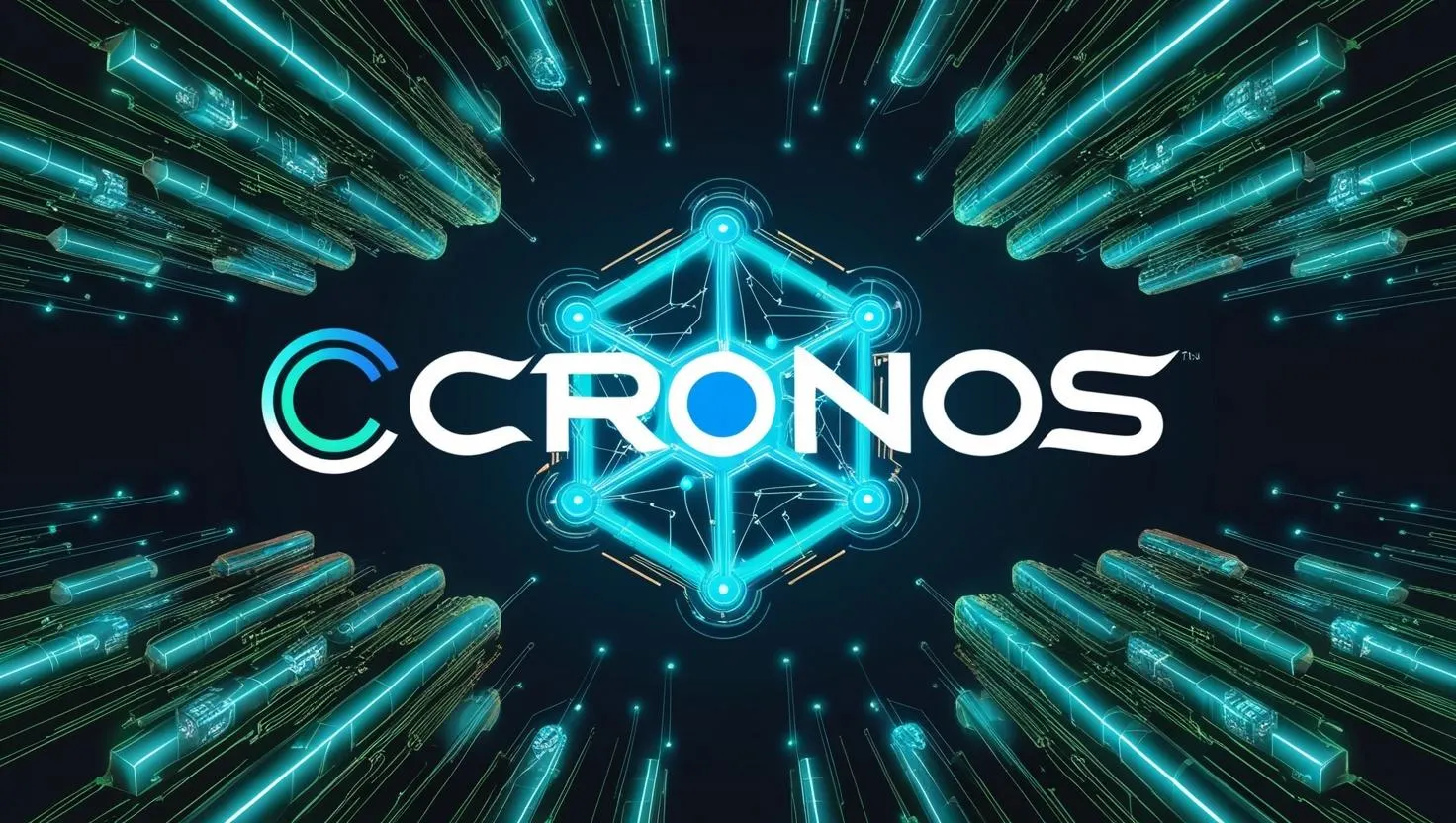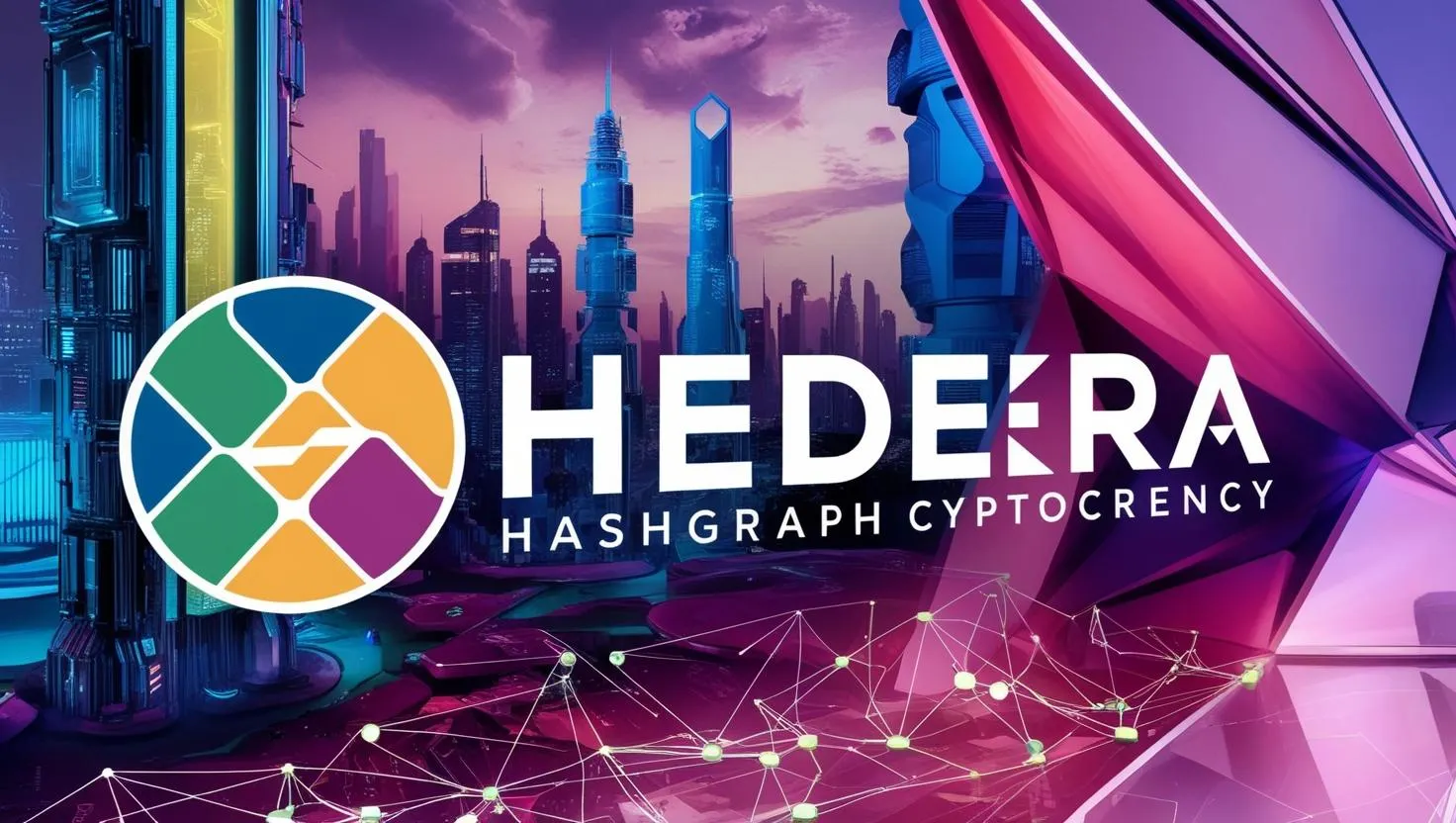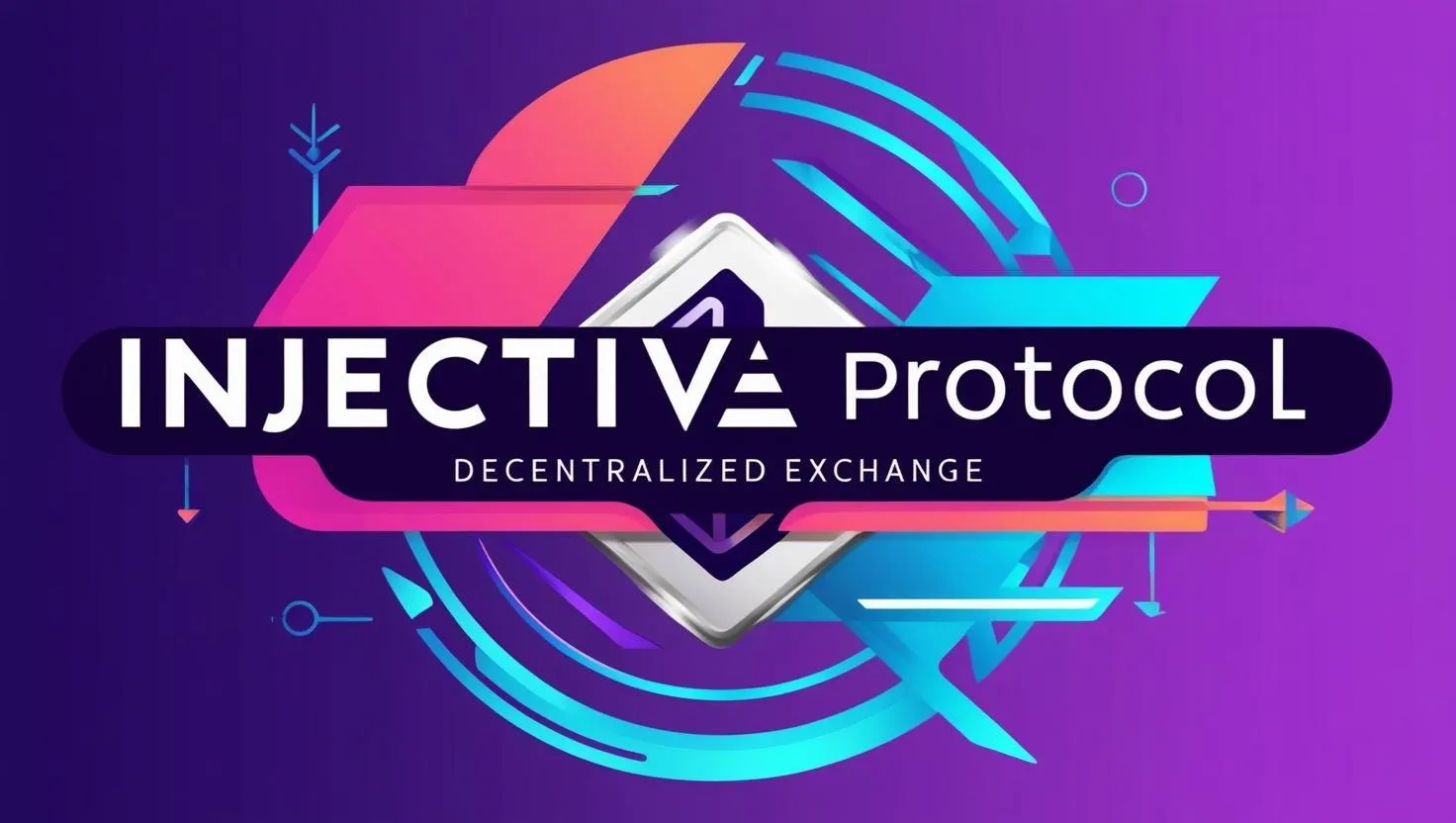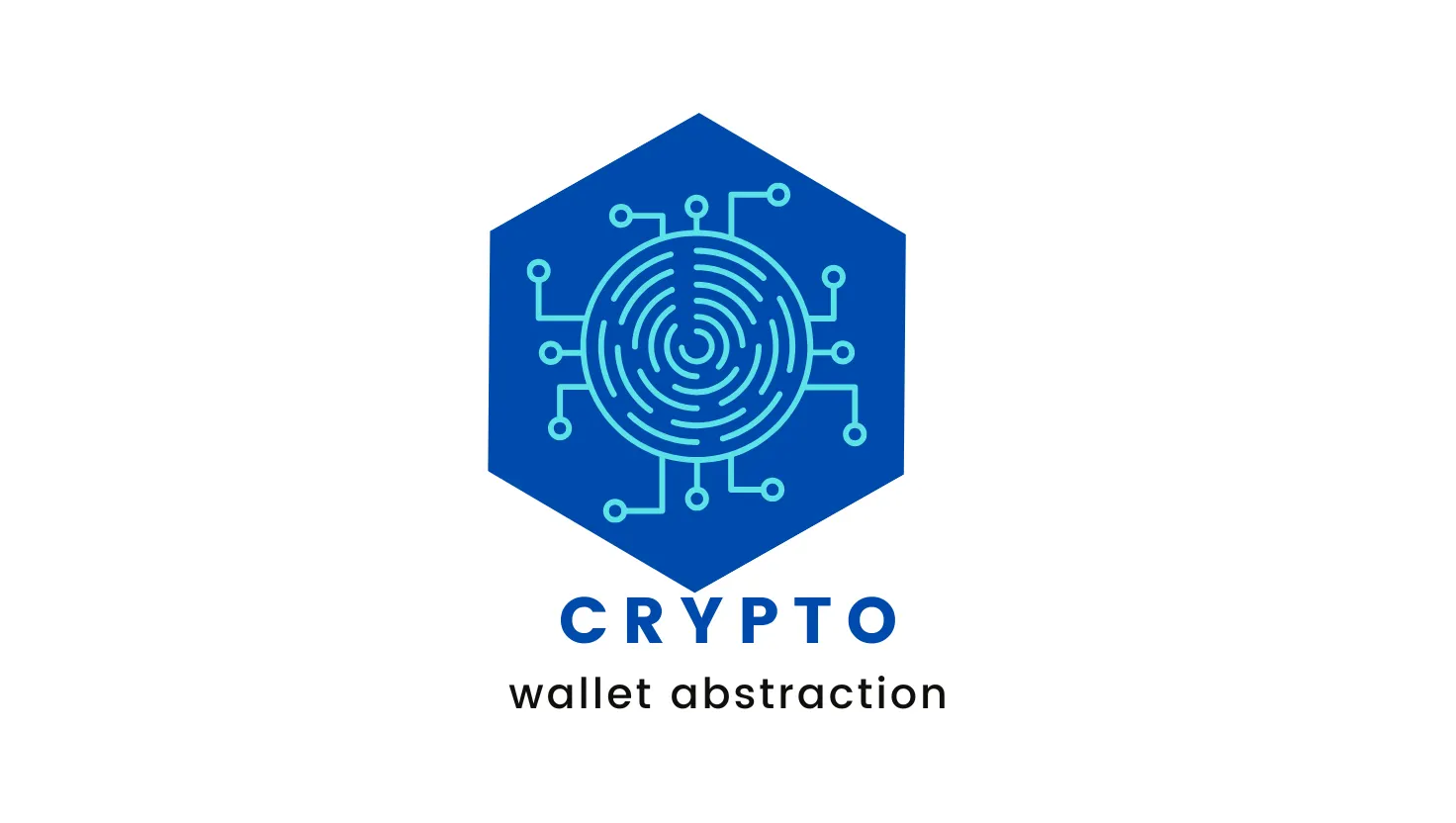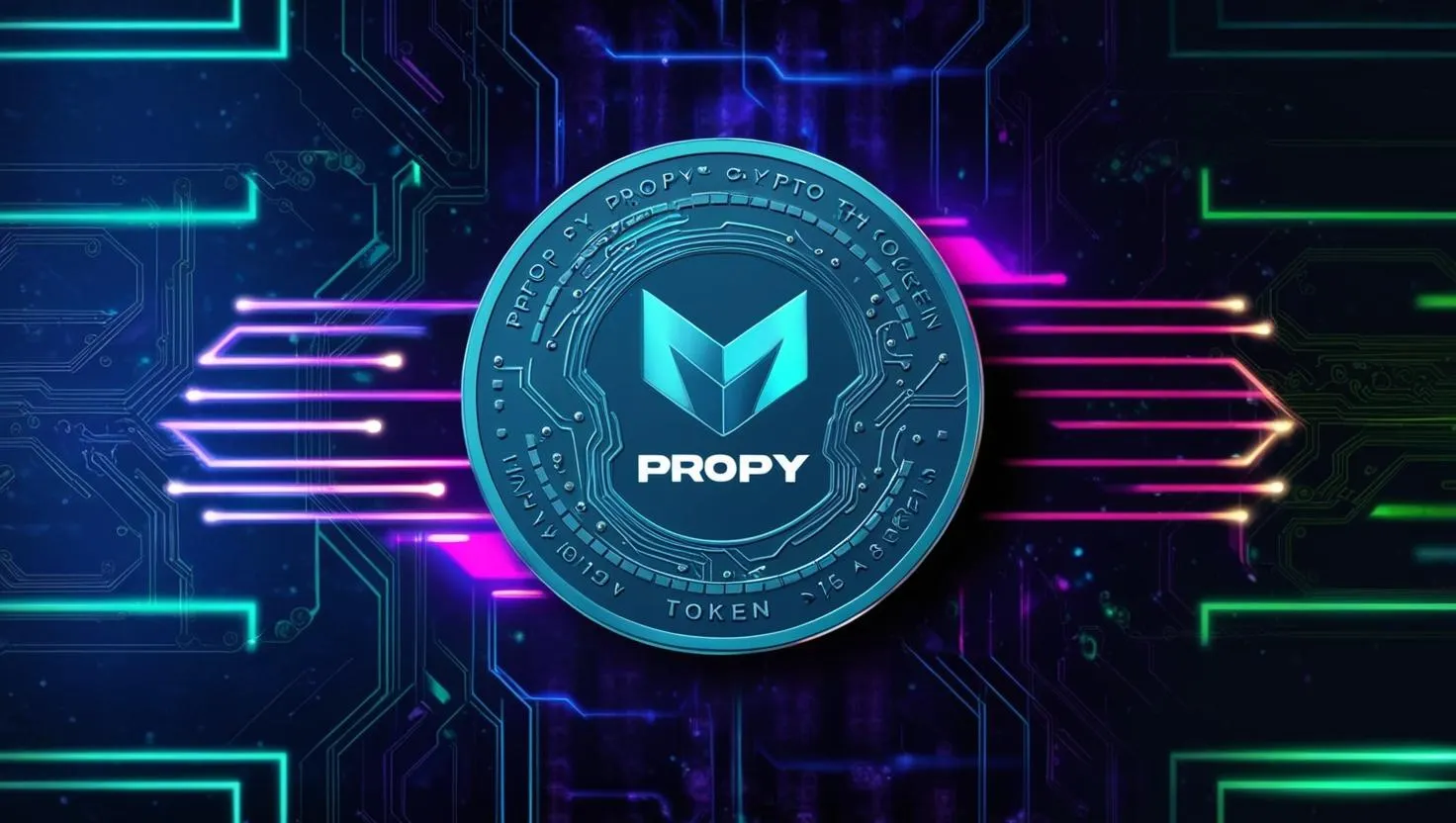Top 5 Crypto Wallets of 2025: Secure Your Assets with the Best Hardware and Software Picks
Here’s a detailed breakdown of five top cryptocurrency wallets for 2025, based on security, usability, supported assets, and features. I’ve selected a mix of hardware (cold) and software (hot) wallets to cover different user needs, focusing on widely recognized options with strong reputations. Each wallet is evaluated for its strengths, weaknesses, and ideal use cases.
- Ledger Nano X (Hardware Wallet)
Overview: The Ledger Nano X is a premium hardware wallet designed for secure, offline storage of cryptocurrencies. It’s one of the most trusted cold wallets, offering robust security and support for a wide range of assets.
Key Features:
- Security: Uses a CC EAL5+ certified secure chip to store private keys offline, protecting against hacks. Features a proprietary BOLOS operating system to isolate apps and prevent malicious attacks. Supports PIN protection and a 24-word recovery phrase.
- Supported Assets: Over 5,500 cryptocurrencies, including Bitcoin (BTC), Ethereum (ETH), Solana (SOL), and ERC-20 tokens. Compatible with Bitcoin Layer 2 networks like Lightning and Stacks via third-party interfaces.
- Usability: Bluetooth connectivity allows management via the Ledger Live mobile app (iOS/Android) or desktop. A 128×64 pixel screen and two-button interface make transaction verification straightforward.
- Additional Features: Ledger Live app supports buying, swapping, and staking assets like Ethereum, Polkadot, and Tezos. Integrates with software wallets like MetaMask for DeFi access.
- Price: $149 (one-time purchase).
Pros:
- Industry-leading security with offline storage.
- Broad asset support, ideal for diversified portfolios.
- Bluetooth and mobile app enhance convenience for a hardware wallet.
- Regular firmware updates and a strong track record since Ledger’s founding in 2014.
Cons:
- Higher cost compared to software wallets or cheaper hardware options.
- Bluetooth, while convenient, may introduce slight risks compared to fully air-gapped wallets.
- Past data breach (2020) exposed user contact info (not private keys), though Ledger has since bolstered security.
Ideal For: Investors prioritizing security, especially those holding large amounts of crypto long-term or managing diverse portfolios. Great for users who want offline storage with occasional access via mobile.
2.Trezor Safe 5 (Hardware Wallet)
Overview: Trezor Safe 5, developed by SatoshiLabs, is a cutting-edge hardware wallet emphasizing security and user experience. It’s a strong competitor to Ledger, with open-source firmware for added transparency.
Key Features:
- Security: Features an EAL6+ Secure Element to safeguard private keys offline. Supports a recovery seed (12- or 24-word phrase) and optional passphrase for extra protection. Open-source software allows community auditing.
- Supported Assets: Over 1,000 cryptocurrencies, including Bitcoin, Ethereum, Cardano, and Solana. A Bitcoin-only version is available for BTC purists.
- Usability: A 1.54-inch color touchscreen with haptic feedback simplifies navigation and transaction confirmation. Connects via USB-C to desktops or mobile devices (no Bluetooth).
- Additional Features: Integrates with third-party wallets like Sparrow for advanced Bitcoin features. Supports basic staking via compatible apps but lacks native staking in the Trezor suite.
- Price: $169 (other Trezor models: Model One at $49, Safe 3 at $79).
Pros:
- Top-tier security with open-source firmware, appealing to transparency-focused users.
- Touchscreen enhances usability compared to button-only hardware wallets.
- Affordable lower-tier models available for budget-conscious users.
- Strong community support and regular updates since Trezor’s debut in 2014.
Cons:
- Fewer supported assets than Ledger Nano X (1,000 vs. 5,500).
- No Bluetooth, limiting mobile convenience compared to Nano X.
- Some users report the plastic body feels less premium than metal alternatives.
Ideal For: Security-conscious investors who value open-source software and prefer a touchscreen interface. Suitable for Bitcoin enthusiasts or those with moderately diverse portfolios.
- Coinbase Wallet (Software Wallet)
Overview: Coinbase Wallet is a non-custodial, hot wallet offered as a mobile app and browser extension, separate from the Coinbase exchange. It’s beginner-friendly with strong integration for DeFi and NFTs.
Key Features:- Security: Private keys are stored locally using Secure Enclave and biometric authentication (fingerprint/face ID). Features a 12-word recovery phrase. Non-custodial, so users control their keys, unlike the Coinbase exchange.
- Supported Assets: Supports over 100 blockchains, including Bitcoin, Ethereum, Solana, and Polygon, plus thousands of tokens and NFTs.
- Usability: Intuitive mobile app (4.7/5 on Apple Store, 4.6/5 on Google Play) and browser extension for seamless dApp interaction. Easy transfers to/from Coinbase exchange.
- Additional Features: Built-in decentralized exchange (DEX) for trading, NFT management, and DeFi protocol access (e.g., Uniswap). Supports fiat on-ramps via credit/debit cards.
- Price: Free, though network transaction fees (gas) apply.
Pros:
- User-friendly interface, ideal for beginners exploring crypto beyond trading.
- Broad blockchain support, perfect for DeFi and NFT enthusiasts.
- Non-custodial design ensures user control, with robust mobile security.
- Seamless integration with Coinbase exchange for quick fiat-to-crypto conversion.
Cons:
- As a hot wallet, it’s more vulnerable to online attacks than hardware wallets.
- Limited blockchain support compared to some competitors (e.g., no Cardano).
- Transaction fees can be high during network congestion, typical of software wallets.
Ideal For: Beginners and intermediate users wanting a free, versatile wallet for trading, DeFi, and NFTs. Best for those already using Coinbase or prioritizing ease of use over maximum security.
- MetaMask (Software Wallet)
Overview: MetaMask is a popular hot wallet, available as a browser extension and mobile app, tailored for Ethereum and EVM-compatible networks. It’s a go-to for DeFi and NFT interactions.
Key Features:- Security: Non-custodial, with private keys stored locally. Supports 12-word recovery phrases and hardware wallet integration (e.g., Ledger, Trezor) for added security. Offers biometric login on mobile.
- Supported Assets: Focuses on Ethereum, ERC-20 tokens, and EVM-compatible chains like Polygon, Binance Smart Chain, and Base. No native support for Bitcoin or non-EVM chains like Solana.
- Usability: Simple browser extension setup for quick dApp access. Mobile app supports iOS/Android with a clean interface for managing tokens and NFTs.
- Additional Features: In-app token swaps with optimized gas fees (99.99% transaction success rate). Supports staking for Ethereum and Polygon. Integrates with NFT platforms and fiat on-ramps (e.g., PayPal).
- Price: Free, with network gas fees for transactions.
Pros:
- Best-in-class for Ethereum-based DeFi and NFTs, with seamless dApp integration.
- Easy setup and strong community support since its 2016 launch.
- Hardware wallet compatibility adds a security layer for advanced users.
- Regular updates and new features, like a prepaid Mastercard for crypto spending.
Cons:
- Limited to EVM-compatible chains, excluding Bitcoin, Solana, and others.
- Hot wallet risks (e.g., phishing, malware) require user caution.
- Gas fees can be costly on Ethereum during peak times.
Ideal For: Ethereum and DeFi enthusiasts who need a reliable, free wallet for dApps, NFTs, and token swaps. Not suited for Bitcoin-only or non-EVM chain users.
- Zengo (Software Wallet)
Overview: Zengo is a mobile-first, non-custodial hot wallet known for its innovative keyless security model. It’s designed for ease of use and recovery, appealing to both beginners and security-conscious users.
Key Features:- Security: Uses Multi-Party Computation (MPC) to eliminate seed phrases, splitting private keys into two parts (one on the user’s device, one on Zengo’s server). Supports facial recognition for recovery, 3FA (three-factor authentication), and has zero reported hacks since 2018.
- Supported Assets: Over 1,000 cryptocurrencies across major blockchains like Bitcoin, Ethereum, Solana, and Polygon. Supports NFTs and DeFi tokens.
- Usability: Mobile-only (iOS/Android) with a highly rated app (4.8/5 on both stores). Simple interface for buying, trading, and storing crypto.
- Additional Features: In-app fiat purchases via bank cards or Apple Pay. Supports staking and DeFi via WalletConnect. Offers 24/7 live support, rare for non-custodial wallets.
- Price: Free basic version; premium features (e.g., legacy transfer protection) require a subscription ($9.99/month or $99/year).
Pros:
- Keyless MPC security reduces risks of seed phrase loss, a common crypto pitfall.
- Beginner-friendly with strong customer support and intuitive design.
- Broad asset support for a hot wallet, covering most major chains.
- No hacks in its history, boosting trust for a software wallet.
Cons:
- Mobile-only, lacking desktop or browser extension options.
- Premium features behind a paywall may deter budget users.
- MPC relies on Zengo’s servers, introducing slight centralization compared to fully self-custodial wallets.
Ideal For: Users seeking a secure, user-friendly hot wallet without the hassle of seed phrases. Perfect for mobile-first crypto traders or those new to self-custody.
Free/Premium
Mobile users, seed-phrase averse How to Choose
- Security Priority: Pick Ledger Nano X or Trezor Safe 5 for offline storage if you’re holding significant amounts or prioritizing maximum safety.
- Ease of Use: Coinbase Wallet or Zengo are ideal for beginners due to their intuitive interfaces and support resources.
- DeFi/NFT Focus: MetaMask excels for Ethereum-based ecosystems; Coinbase Wallet also works well for cross-chain DeFi.
- Budget: Software wallets (Coinbase, MetaMask, Zengo) are free, while hardware wallets require an upfront investment.
- Asset Diversity: Ledger Nano X leads for broad crypto support; Zengo and Coinbase Wallet are strong for software options.
Note: Always back up recovery phrases securely (never store digitally), enable two-factor authentication where available, and avoid sharing private keys. For hardware wallets, buy directly from the manufacturer to avoid tampered devices. Crypto is unregulated in many regions, so research local laws and invest cautiously, limiting crypto to 5% or less of your portfolio as advised by experts.




